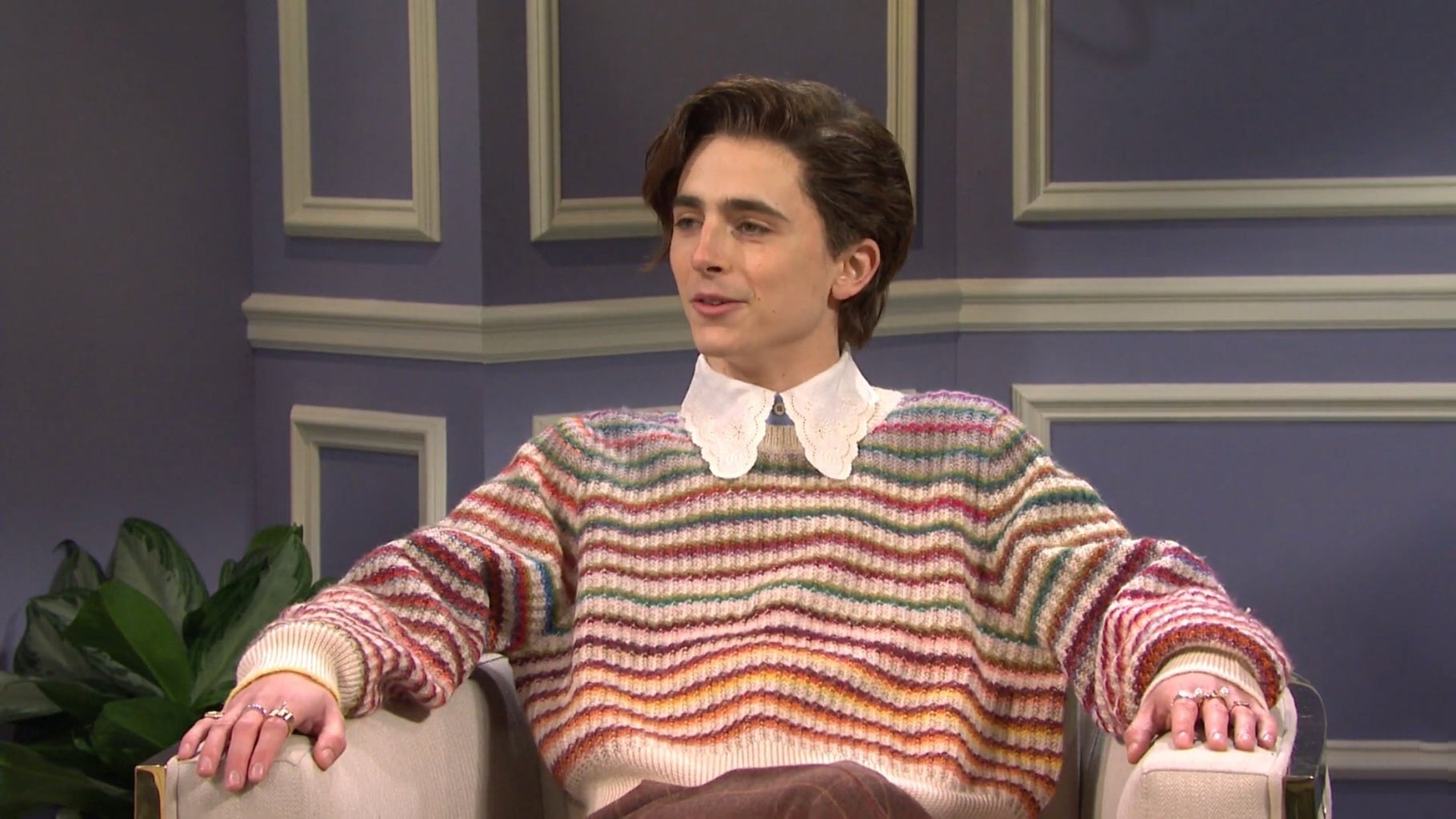Content Warning: This article contains mentions of mental health issues, such as depression, anxiety, and suicidal ideation. Reader discretion is advised.
There are plenty of artists that come to mind when I think about the progression of vulnerability in music. But when it comes to changing lives beyond music, there is one person I immediately think of — Kid Cudi.
Cudi (formally known as Scott Mescudi) predominantly wrote songs about his depression, addictions and insecurities. This may seem like the norm now, but in 2009, male artists — especially male rappers — were not touching on these topics. The consistent remark he received from fans is: “You saved my life.” Cudi became a superhero for kids who had never felt more alone until hearing his songs for the first time. He especially hit hard among BIPOC whose cultures predominantly turned a blind eye to mental health struggles.
I remember digging into Cudi’s discography after my whole feed on Twitter flooded with support for him after he announced his rehabilitation for depression, anxiety and suicidal thoughts in 2016. This announcement was not a Notes app screenshot or a quick tweet; he detailed live thoughts and anticipations in a Facebook post. I had no idea that his music focused so much on his mental health, but the post still revealed to me the impact of his words.
His new documentary A Man Named Scott dives deeper into the genesis of his music, problems he faced after rising to stardom, and some of his stories that did not make it on the albums. The movie follows his career and a psychologist answers curiosities from fans-turned-friends such as Shia LaBeouf, Timothée Chalamet, A$AP Rocky and Willow Smith.
Cudi tells how building his relationship with Kanye West gave him the confidence to create. But Cudi then goes on to say that for his first record, it needed to come from him. He wanted to put out what felt right, and not what the world initially wanted from him.
Producers explain how Cudi revolutionized the sound of rap with his ease floating on melodies and executing his vision. His melodies were so effortless, he managed to convey his darkest lyrics on his catchiest hit: “Pursuit of Happiness.” LeBeouf describes that Cudi’s debut album, Man on The Moon: The End of Day, sounded like he “mined into his heart” to create it. These thoughts from his circle further back up how many lives he changed, whether it was a best friend or a 20-something-year-old halfway across the globe.
Although spilling his guts saved others, it was killing him. Cudi exploited his personal experience through his craft, a “sacrifice,” as he describes. Therefore, people thought they held the right to throw deep questions at him at any time or place. The psychologist explains that this pressure might have made him feel like he was not living up to his fans’ expectations or that he did not deserve the platform. The way Cudi explains this makes it clear that he is not ungrateful or regretful of his “sacrifice.” He simply provides the audience with his perspective, which is ultimately what everyone wants to hear from him. Cudi believes it was his “destiny” to create for the greater good.
The documentary closes with Cudi talking about his life post-rehab. He remembers thinking “I hope to God the kids still want to hear me” after his return home. He considered quitting music for a few years until former collaborator, Kanye West, hit him up to record an album together. This is one of the first times Cudi reveals how much this uplifted him. “Now I had somebody lifting me up. Letting me know I can do this shit. Kanye does not know that, but he saved me from being depressed all over again. He helped me see no, no, I’m not done yet,” says Cudi.
Do not expect any more dark albums from him though. “I don’t want to put more of that into the world,” says Cudi. “That chapter is done.”
Watching this documentary warmed my heart considering I initially found out about him right before rehab. Even if you are a die-hard fan or have never heard a song of his, this film serves as a serendipitous case study on the effects of fame and additionally validates feelings among anyone who has ever felt alone before. This is the most revealing work from Cudi outside of his own auto-biographical songwriting. Watch the movie exclusively on Amazon Prime.




